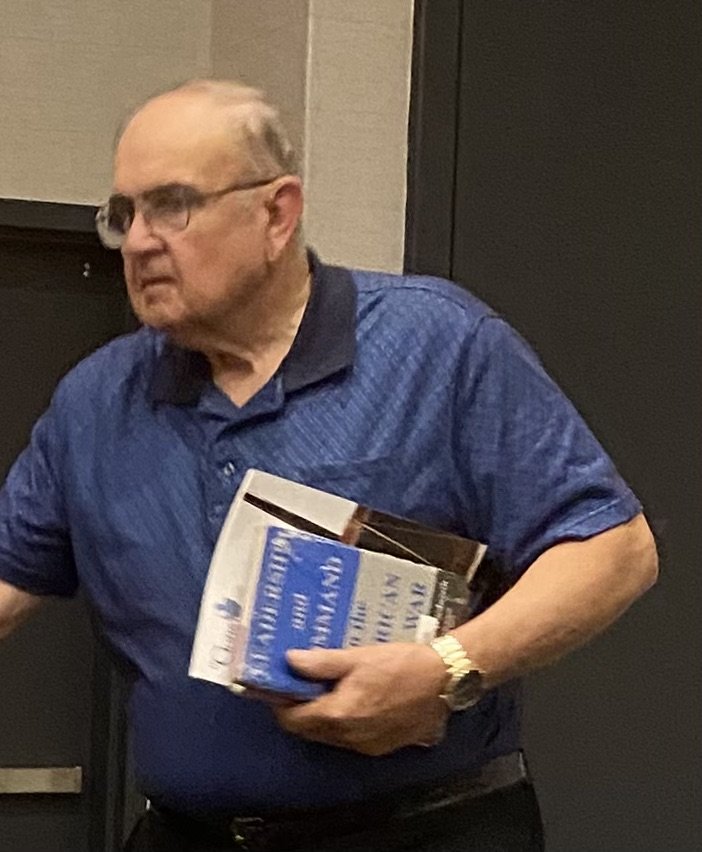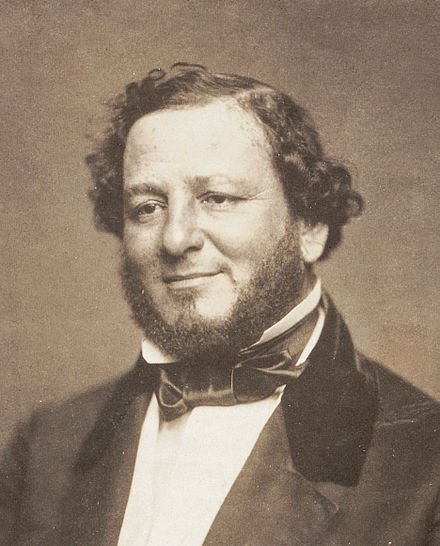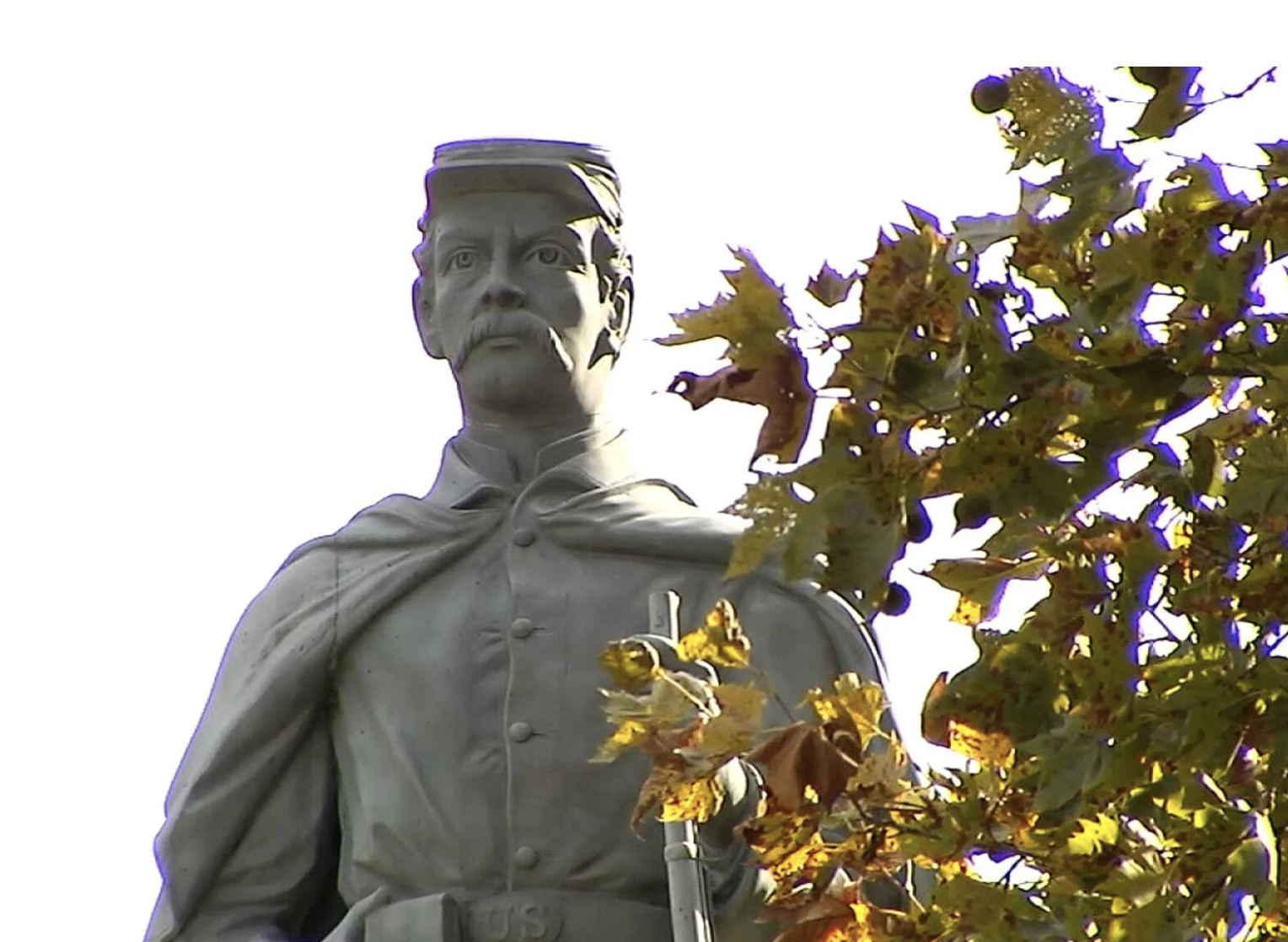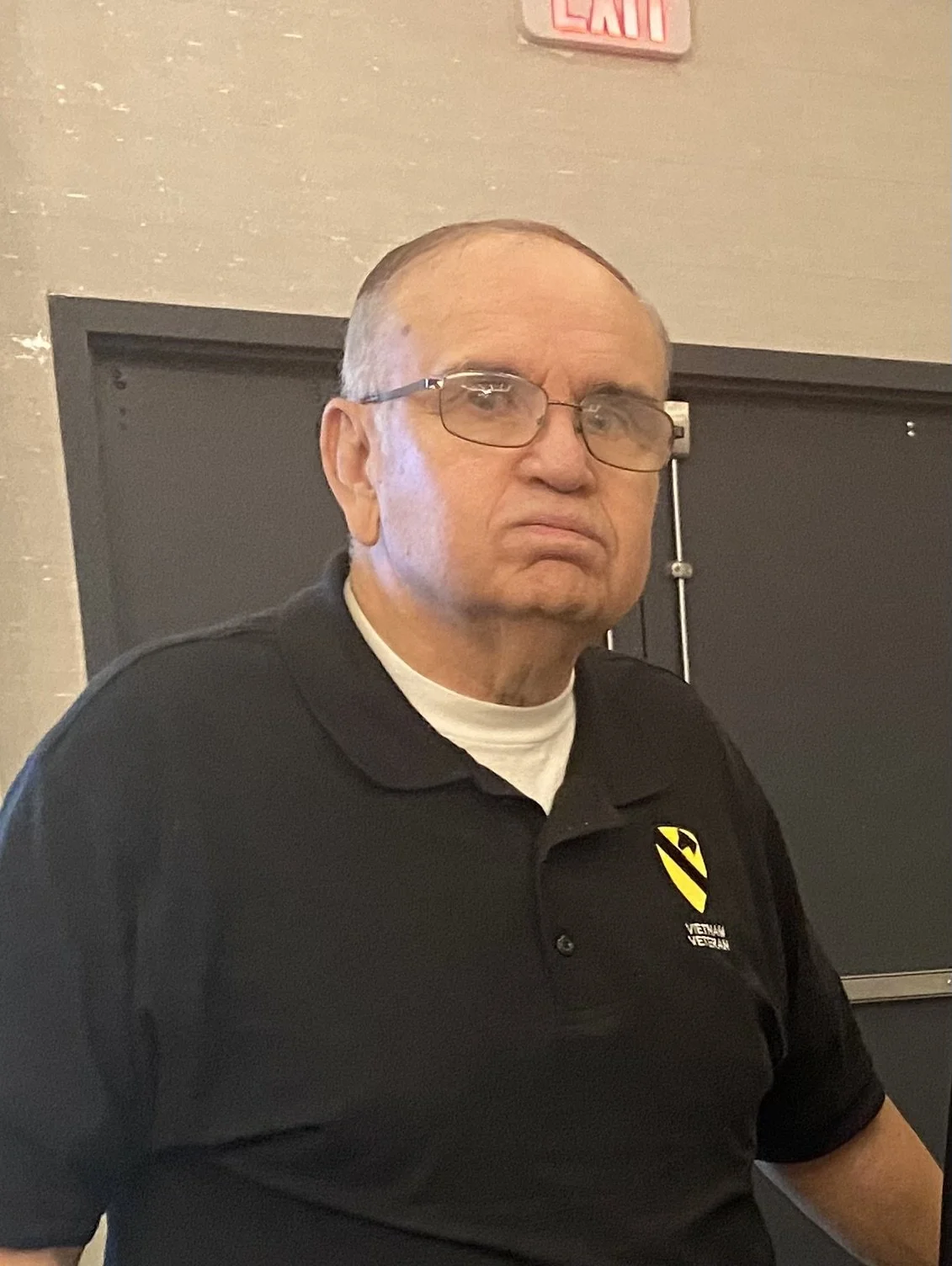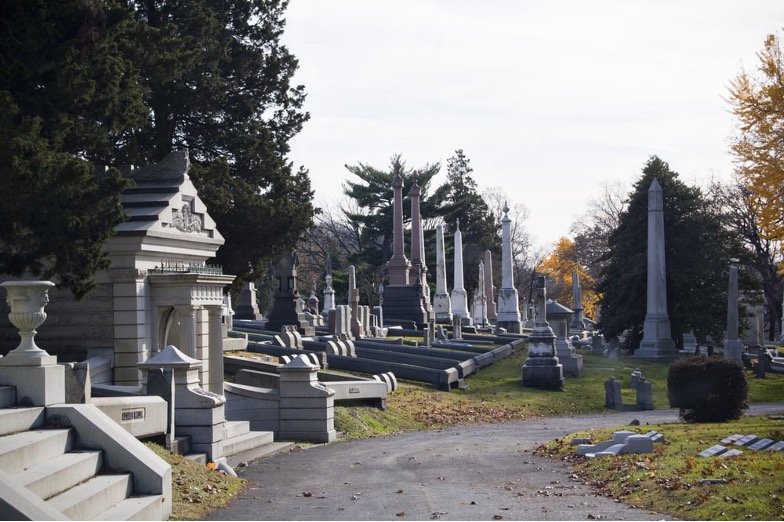History's Headlines: A young man at Gettysburg
Gettysburg
Frank Whelan. Dec 3, 2022
On March 15, 1900, Allentown was in mourning. Outside St. John’s Lutheran Church, a crowd had gathered to witness the funeral of 60- year-old Dr. Orlando Leaser Fegley, the city’s most beloved physician. Ever since he arrived in Allentown in 1867 Fegley had taken care of the health of the community. At times he would see 60 patients a day. Others recalled at least one day when he saw 100. Fegley treated rich and poor alike. If a poor farmer came to his door with nothing but potatoes to pay his bill, he accepted that. If a poor worker at one of the city’s iron furnaces had been hurt in an industrial accident, he would treat him free of charge. With his brother William he ran a pharmacy at Front and Allen Streets. He also invested in West End, Allentown real estate and supported his wife Annie and a family of 6 children.
About a year before his death, Fegley had fallen ill. It was said that he had what his era called “nervous prostration,” what today might be called stress or a nervous breakdown or perhaps a series of strokes. Its victims were usually men who were high-powered leaders in their professions or businesses who would suddenly feel overcome with sensations that made them unable to concentrate or work. It was so common in the U.S. in the late 19th century that it was nicknamed in medical journals of the day the “American disease.”
Conducting the funeral service was St. John’s pastor, the Rev. Stephen Repass. Along with being Fegley’s pastor, the men shared something else. In the eventful summer of 1863, they were both at a small Pennsylvania town called Gettysburg. Repass wore Confederate gray and Fegley wore Union blue.
Saturday, November 19, 2022 marked the 150th anniversary of Lincoln’s Gettysburg Address. Recent research has claimed to have discovered where Lincoln stood when he gave that address, a subject of dispute for some time.
It is not known if Fegley and Repass ever talked about their widely different experiences at the battle. Repass was in the thick of the fight and was one of few southern soldiers of Pickett’s Charge to make it over the famous wall only to collapse into the arms of the waiting Union Army and became a prisoner of war. Fegley’s story was less known but no less a part of history. As a student at Gettysburg College in June 1863 he was one of the 740 members of the 26th Pennsylvania Emergency Infantry Militia Regiment called into existence by Governor Andrew Curtain as General Lee’s army was headed north. With little training and almost no experience, this mixture of students, middle aged shopkeepers and aging towns people was expected to at least delay if not stem the southern tide until the Army of the Potomac arrived.
Fegley, then 22, was a native of Boyertown. Born in 1841 to Daniel and Sarah Fegley, his father was a shoemaker who owned a small farm and raised cattle and mined iron ore. His iron ore property was later purchased by Robert M. Lewis of the Lewis ironmaking family of Allentown. Fegley had one….




